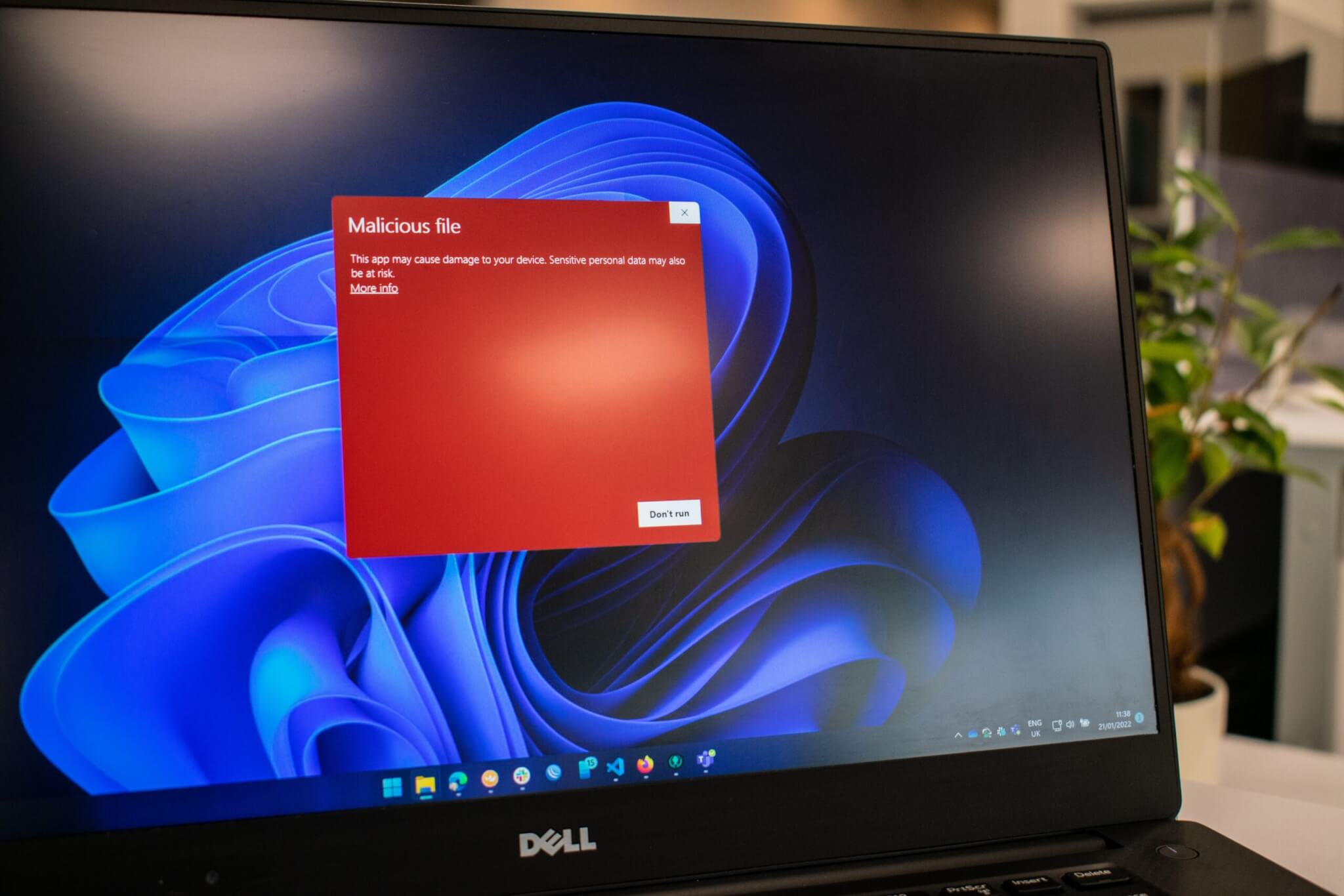Cyberattacks are an increasing strategic component in modern warfare. For UK businesses, this shift represents a new frontier of risk and responsibility. As 2024 gets underway, the prevalence of cyber warfare tactics has accelerated the urgency for heightened cybersecurity measures in the commercial sector.
As nation-states deploy more sophisticated cyber operations to achieve geopolitical aims and economic destabilisation, UK businesses find themselves in the crosshairs, facing risks that extend beyond their immediate operations to national security implications.
These cyberattacks range from data breaches and denial-of-service attacks to more covert methods like supply chain infiltrations and espionage. The repercussions for businesses are severe, including financial losses, data compromise, operational disruptions, and reputational damage.
In light of these challenges, UK businesses must adopt a proactive cybersecurity stance.
Key areas to focus on include:
1) Awareness and Training
Employee education is a crucial defence line. Regular training in cybersecurity best practices and staying informed about emerging threats can significantly reduce vulnerabilities.
2) Enhanced Security Infrastructure
Investing in advanced cybersecurity technologies is vital. This should encompass robust firewalls, intrusion detection systems, and periodic security evaluations.
3) Incident Response Preparedness
A well-defined incident response plan is essential. This plan should detail procedures for containing and eradicating threats and strategies for quick recovery to minimise operational and financial impacts.
Protecting against these threats is not just about securing individual companies but about upholding our national security and economic resilience. In fact, in making sure your business is cyber secure, you will be doing your bit and contributing to the overall national security effort.
Vigilance and preparedness are paramount. UK businesses must rise to this challenge, equipping themselves with the knowledge and tools to safeguard against these evolving cyber threats.
There is no doubt that the volume and sophistication of cyber attacks will continue to increase. It will be challenging for the security vendors and software developers, and it will be challenging for Managed Services Providers like ourselves, so for non tech businesses that don’t have any help and guidance, the battle to stay secure will be one they are likely to lose…..and lose with catastrophic consequences.



